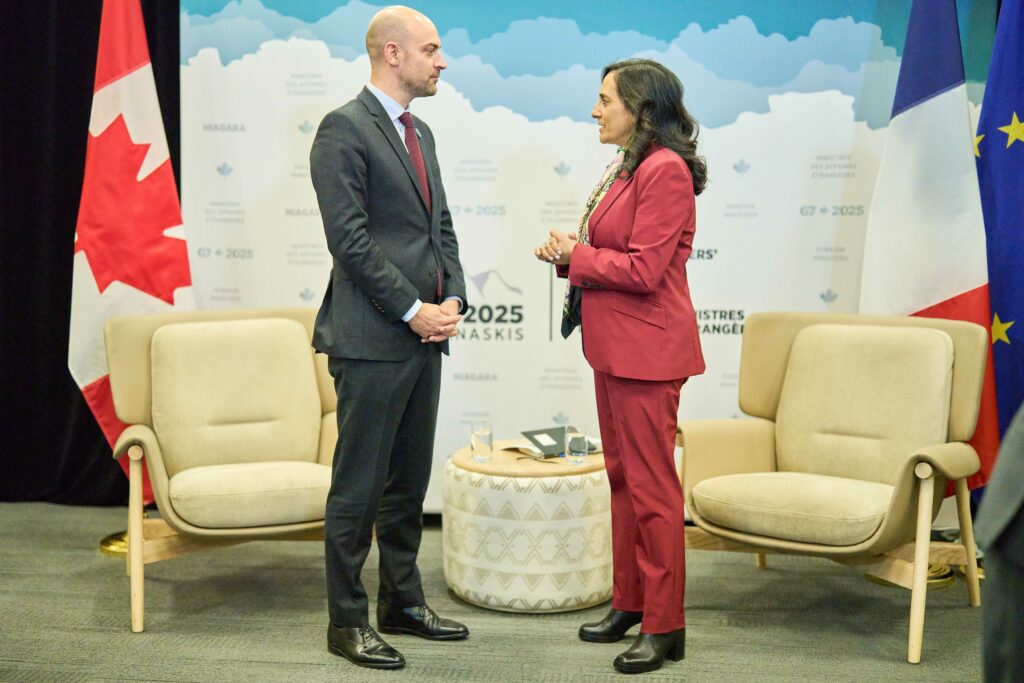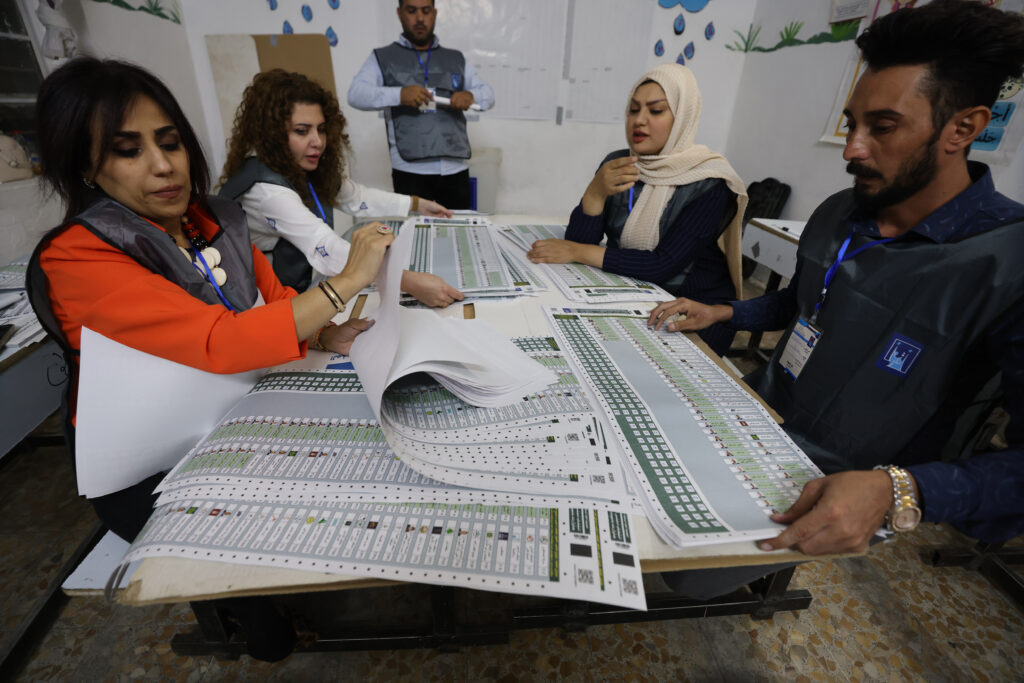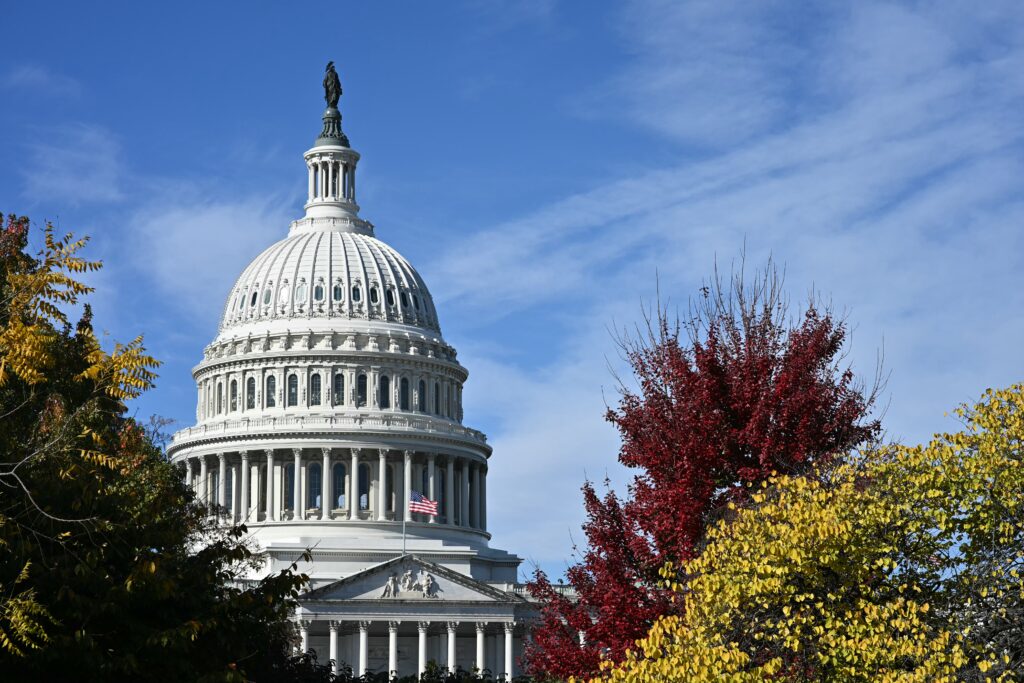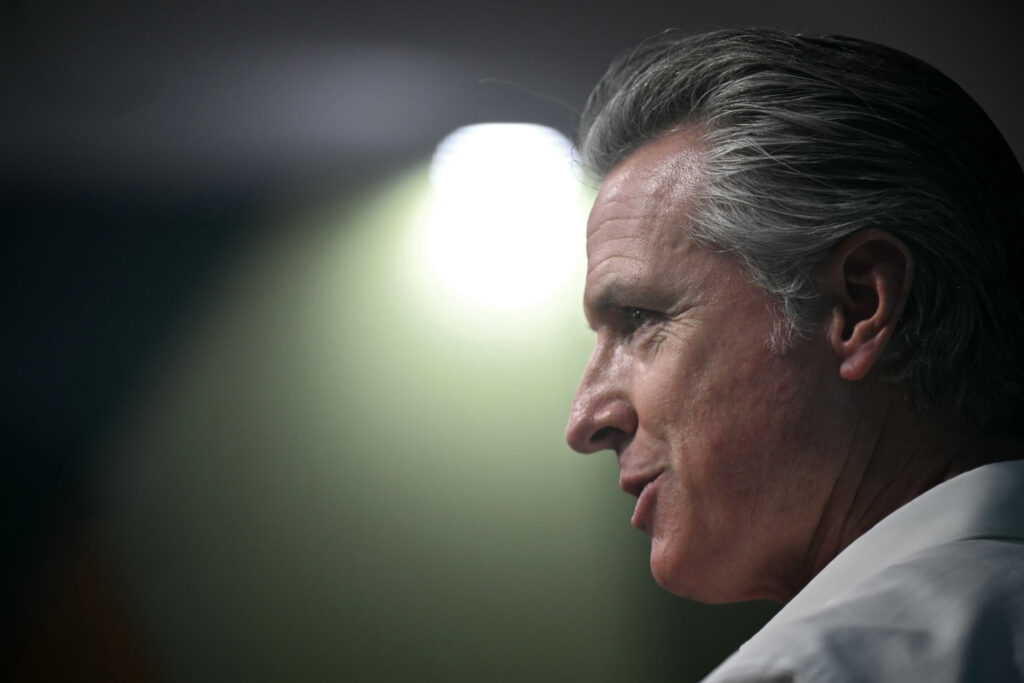France warns over Caribbean ‘instability’ as G7 talks open
France’s foreign minister criticized “military operations” in the Caribbean at a G7 meeting on Tuesday, as the deployment of a US aircraft carrier strike group escalated an arms buildup in the region.Speaking to reporters at the start of a Group of Seven gathering in Canada, top French diplomat Jean-Noel Barrot said it was crucial to avoid “instability caused by potential escalations,” after Venezuela warned the US deployments could trigger a full-blown conflict.”We have observed, with concern, military operations in the Caribbean region because they disregard international law,” Barrot said, without citing specific US actions.But the comments at the meet near Niagara Falls came after the USS Gerald R. Ford, the world’s largest aircraft carrier, entered an area under control of the US Naval Forces Southern Command, which encompasses Latin America and the Caribbean.President Donald Trump’s administration is conducting a military campaign in the Caribbean and eastern Pacific, deploying naval and air forces for an anti-drugs offensive.Venezuelan President Nicolas Maduro has accused the Trump administration of “fabricating a war” while pursuing a regime change plot in disguise.Barrot said it was essential for the G7 club of industrialized democracies to “work in concert” to confront the global narcotics trade, noting that more than a million French citizens live in the Caribbean and could be impacted by any potential unrest. – Ukraine, Sudan -Canadian Foreign Minister Anita Anand, the meeting host, said bolstering Ukraine would feature prominently at the talks, but has stopped short of promising concrete G7 action to support Kyiv’s efforts against invasion by Russia.As the meeting began, the UK announced £13 million ($17.1 million) of funding to help repair Ukraine’s energy sector, which has sustained massive Russian attacks in recent days.Britain also announced a maritime services ban on Russian liquid natural gas.Foreign Secretary Yvette Cooper said Russian President Vladimir Putin “is trying to plunge Ukraine into darkness and the cold as winter approaches.”At the G7, Cooper plans “to galvanise (Britain’s) closest partners to continue to stand up for Ukraine in the face of Putin’s mindless aggression,” the foreign office said.Anand told reporters that Sudan’s escalating crisis will be addressed Tuesday at a working dinner on global security.She said Canada was “absolutely horrified” by the conflict that has triggered one of the world’s worst humanitarian crises, and that the G7 would work “to support those who are suffering and dying needlessly in Sudan.”Anand is set for a bilateral meeting with US Secretary of State Marco Rubio before the G7 meeting closes on Wednesday. But she said she did not expect to press the issue of Trump’s trade war, which has forced Canadian job losses and squeezed economic growth.”We will have a meeting and have many topics to discuss concerning global affairs,” Anand told AFP.”The trade issue is being dealt with by other ministers.”Trump abruptly ended trade talks with Canada last month — just after an apparently cordial White House meeting with Prime Minister Mark Carney.The president has voiced fury over an ad, produced by Ontario’s provincial government, which quoted former US president Ronald Reagan on the harm caused by tariffs.








